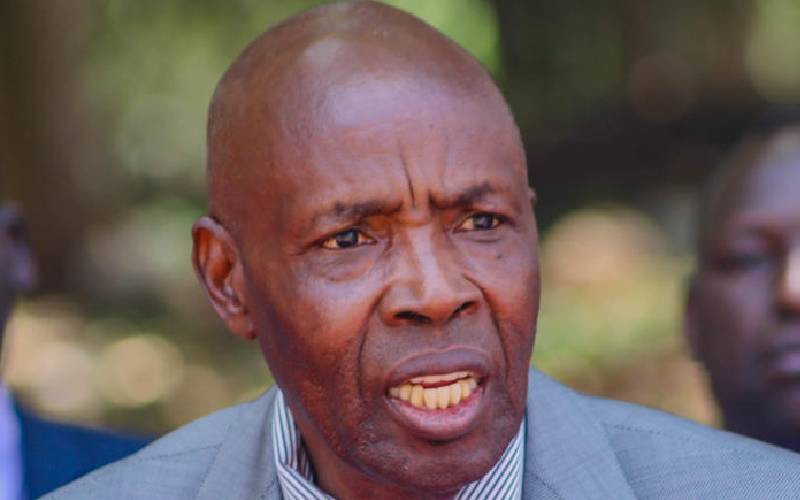×
The Standard e-Paper
Smart Minds Choose Us

The administration of this year's national examinations now hangs in the balance as public schools sag under the weighty of a Sh29 billion debt.
It is emerging that the government owes secondary schools Sh14 billion, being balance that should have been released by last term.